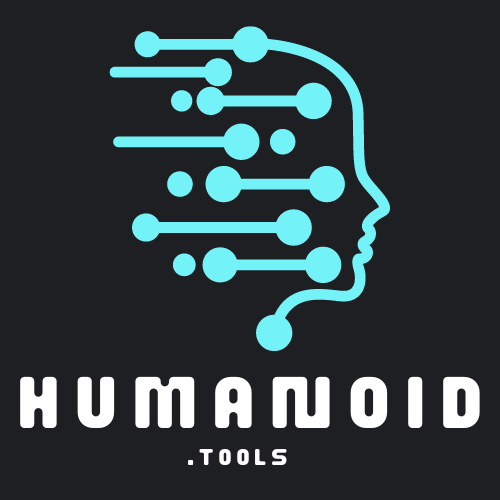The rapid advancement of artificial intelligence (AI) in recent years has led to a significant transformation in various industries, including healthcare.
AI has been praised for its potential to revolutionize patient care, diagnostics, and medical research. While the benefits of AI in healthcare are undeniable, it is essential to acknowledge the potential dangers it poses.
This article will explore the risks associated with AI in healthcare and discuss potential strategies to mitigate these risks.
Data Security and Privacy
One of the most prominent concerns in healthcare AI is data security and privacy. Healthcare organizations handle vast amounts of sensitive patient data, making them a prime target for cybercriminals.
The integration of AI systems may inadvertently create new vulnerabilities in security infrastructure, exposing patients’ information to potential breaches.
To address this issue, healthcare organizations need to prioritize data security when implementing AI systems. This includes robust encryption methods, secure data storage, and continuous monitoring for potential threats.
Furthermore, healthcare professionals must be educated on best practices for handling sensitive patient data to minimize human error.
Bias and Discrimination
AI algorithms are often trained on large datasets, which may unintentionally introduce biases into their decision-making processes.
If AI tools in healthcare are based on biased data, they may inadvertently perpetuate existing health disparities, leading to unequal treatment of patients based on factors such as race, gender, or socioeconomic status.
To combat bias, it is crucial to ensure that AI systems are trained on diverse and representative datasets.
Additionally, developers must implement methods to detect and mitigate biases that may emerge during the development and deployment of AI tools. Regular audits of AI systems can also help identify and correct biases in their decision-making processes.
Overreliance on AI
As AI becomes more integrated into healthcare, there is a risk that healthcare professionals may become overly reliant on AI systems for decision-making.
This could result in decreased critical thinking skills and a loss of human touch in patient care. Overreliance on AI may also lead to misdiagnoses or inappropriate treatment plans if the AI system makes an error or is unable to interpret complex patient data.
To prevent overreliance, healthcare organizations must ensure that AI systems are used as a complementary tool rather than a replacement for human expertise.
Regular training and education for healthcare professionals should emphasize the importance of maintaining critical thinking skills and the ability to analyze AI-generated recommendations.
Legal and Ethical Implications
The integration of AI in healthcare raises several legal and ethical questions, such as who is responsible when an AI system makes a mistake that results in patient harm. The current legal frameworks may not adequately address these issues, leading to potential liability concerns and a lack of accountability.
To address the legal and ethical implications of AI in healthcare, regulators and policymakers must work together to develop clear guidelines and frameworks. These should outline the responsibilities of healthcare professionals, AI developers, and organizations, as well as define the acceptable use of AI in various healthcare contexts.
Conclusion
AI has the potential to revolutionize the healthcare industry, but it is crucial to recognize and address the associated risks.
By prioritizing data security and privacy, combating bias, avoiding overreliance, and addressing legal and ethical implications, the healthcare industry can harness the power of AI while mitigating its dangers.
With a proactive and cautious approach, AI can become a valuable asset in improving patient care and outcomes.
English bloke in Bangkok. First used GPT-3 in 2020 and has generated millions of words with it since. Not really much of an achievement but at least it demonstrates a smidgen of authority. Studies natural language processing, Python and Thai in his spare time.
